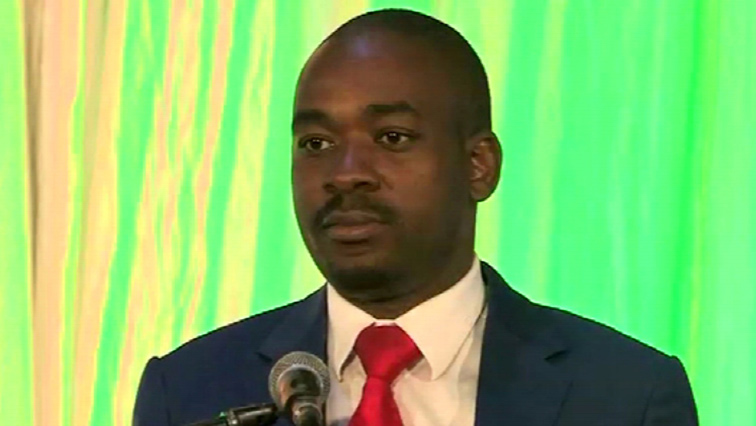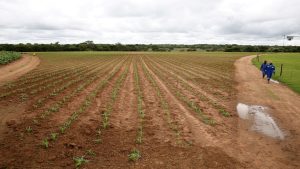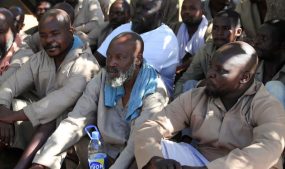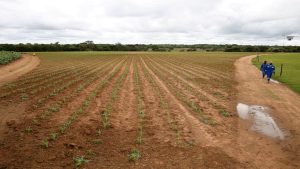Zimbabwe’s main opposition this weekend is expected to elect Nelson Chamisa as its next president in its first congress since the death of its revered founder, Morgan Tsvangirai.
The Movement for Democratic Change (MDC) is likely to elect Chamisa unopposed, boosting a party plagued by infighting since Tsvangirai’s death and battered by an election defeat.
Tsvangirai appointed Chamisa and Elias Mudzuri as party co-vice presidents before succumbing to colon cancer in February 2018.
Chamisa, 41, then took the party helm, becoming its champion in the first presidential elections since the authoritarian Robert Mugabe was ousted.
He lost the historic ballot to incumbent Emmerson Mnangagwa, an outcome that he says was rigged.
“We are going to get a new leader, Nelson Chamisa,” party spokesman Jacob Mafume told AFP, a prediction that analysts agree seems sure.
“I think Nelson Chamisa will be elected to continue as the MDC president,” said Gideon Chitanga of Johannesburg-based think tank, Political Economy Southern Africa.
After the blow of July’s election loss, Chamisa may have the political winds behind him as the new MDC chief.
Zimbabwe’s economy, which the 76-year-old Mnangagwa has vowed to revive, is once more an explosive issue, with shortages of fuel, a cash crunch and rising inflation.
But, whether the youthful Chamisa can appeal to a broader audience as this crisis unfolds is unclear.
“His popularity cannot be disputed – he is popular broadly within the MDC,” Chitanga said.
“But I’m not sure he has worked on his other traits as a leader of such a huge movement to a point where he inspires confidence to different sections of society.”
Some 10 000 delegates and guests are expected to attend the conference, taking place in the central city of Gweru.
Formed in 1999, following a conference of labour, church and civic society and students groups with trade unionist Tsvangirai as founding leader, the MDC is the largest opposition party the country has known since independence in 1980.
It is the only party to have posed a sizeable challenge to ZANU-PF’s grip on power, often in the face of violence.






